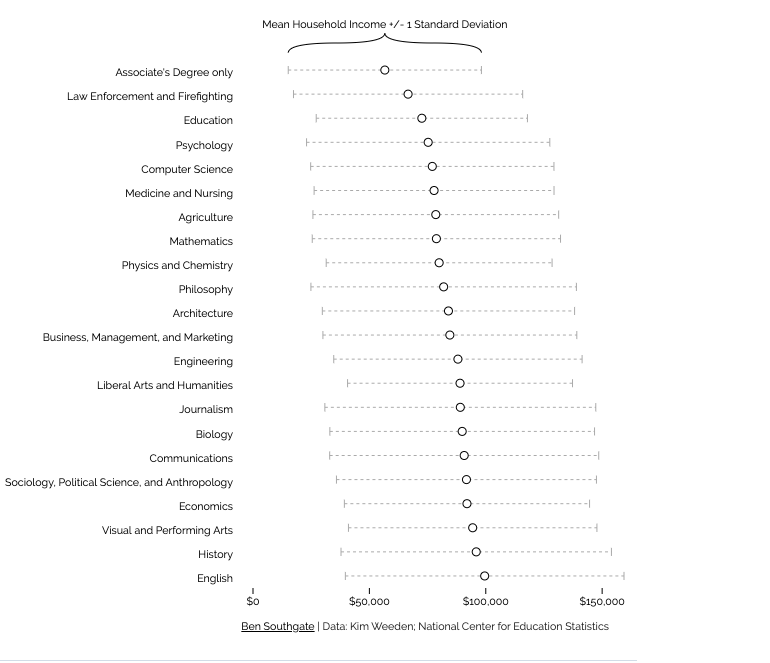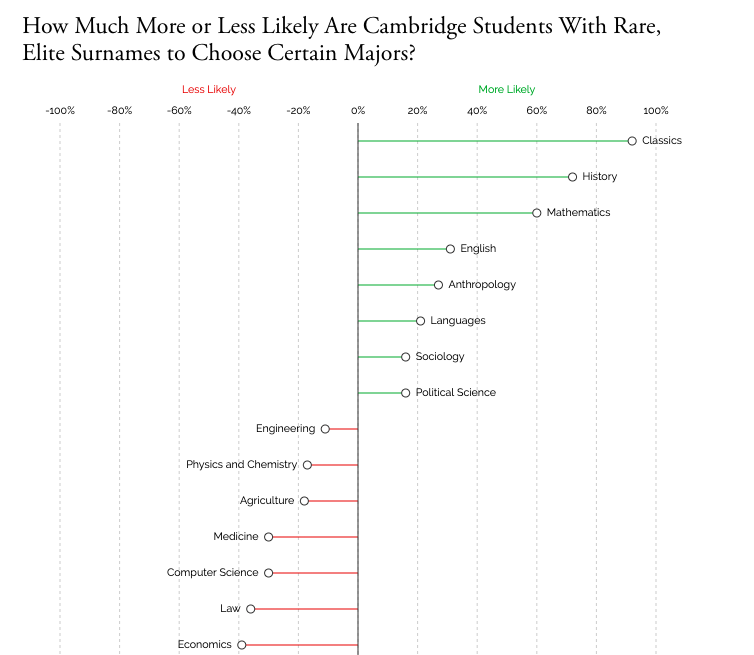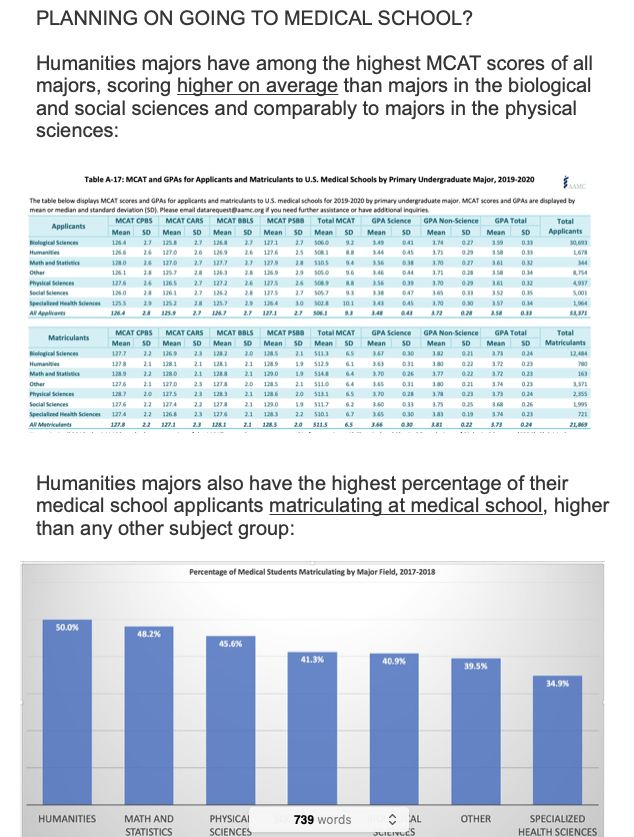1) Not in the mood to do it, but this is a thread on the assumptions baked into three claims: (a) universities subsidize the humanities; (b) higher-income students pursue English and history; (c) low-income students avoid the humanities. In short, these are glib or wrong. ... https://twitter.com/AmihaiGlazer/status/1263886939100348417">https://twitter.com/AmihaiGla...
2) (a) is simply a false premise. And as it happens, the UC system that employs this person is one such scenario people have actually looked into on this question (e.g. @cnewf). See below:
3) For more detail, see this Delta Cost Project report. It& #39;s simply not true that & #39;STEM& #39; subsidizes & #39;the humanities.& #39; It& #39;s the other way around. https://deltacostproject.org/sites/default/files/products/Cost%20to%20Institutions%20of%20STEM%20Degrees.pdf">https://deltacostproject.org/sites/def...
4) Here& #39;s some more reading on this claim, just for good measure: https://www.aaup.org/article/avoiding-coming-higher-ed-wars#.XsgS1hNKjBJ
https://www.aaup.org/article/a... href=" https://www.insidehighered.com/views/2019/06/03/government-officials-and-boards-dont-always-recognize-complexities-public">https://www.insidehighered.com/views/201... https://www.huffpost.com/entry/phony-budget-solutions-ar_b_828765">https://www.huffpost.com/entry/pho...
5) As to (b), here are some of the charts and figures underwriting the (glib) claim that higher-income students choose English and history while low-income students avoid the humanities. There& #39;s something to the first claim:
6) Although here are some of the income figures: English (99,533); history (95,900); economics (91,900, 4th highest); biology (89,869); engineering (88,837). These are median household incomes +/- ~50-60k / 1 stand. dev. This is not a rich kids / poor kids divide here.
7) Let& #39;s look at the lower half of the income chart. Education (72,536); computer science (77,031); philosophy (a & #39;humanities& #39; subject) (81,911). Again, between computer science and philosophy (core & #39;STEM& #39; and core & #39;humanities& #39; subjects) not exactly a radical difference.
8) Here& #39;s an interesting one (UK-based). Note mathematics (& #39;STEM& #39;) toward the top and law (& #39;humanities& #39;) toward the bottom (not that this is a good metric anyway, but still).
9) N.B. You might get a different picture if you try to conflate the social sciences with either the humanities or STEM, as I suspect people like to do when they make sweeping claims on this topic. E.g. treating econ as & #39;STEM& #39; or & #39;sociology& #39; as & #39;humanities.& #39; False on both counts.
10) I haven& #39;t gotten into earnings myths (my corrective write-up in screenshots below), but e.g. English and biology majors are v. close in initial & mid-career earnings as well as un- and under-employment data, an example of how overgeneralizing about & #39;STEM& #39; etc. leads astray.
11) Bottom line, there are indeed real issues of income disparity in major choice (which may actually be driven by myths and assumptions more than good information!), but glib generalizations and assumptions distort the truth and mislead students, families, and legislators. /end
Addendum: I meant to add but was writing hastily before a meeting: Re. the & #39;rich kids study the humanities& #39; claim, there& #39;s only one type of institution where hum enrollments are steadily on the rise: community colleges! https://www.insidehighered.com/news/2015/01/20/data-show-steady-growth-humanities-and-liberal-arts-education-community-colleges">https://www.insidehighered.com/news/2015...

 Read on Twitter
Read on Twitter









